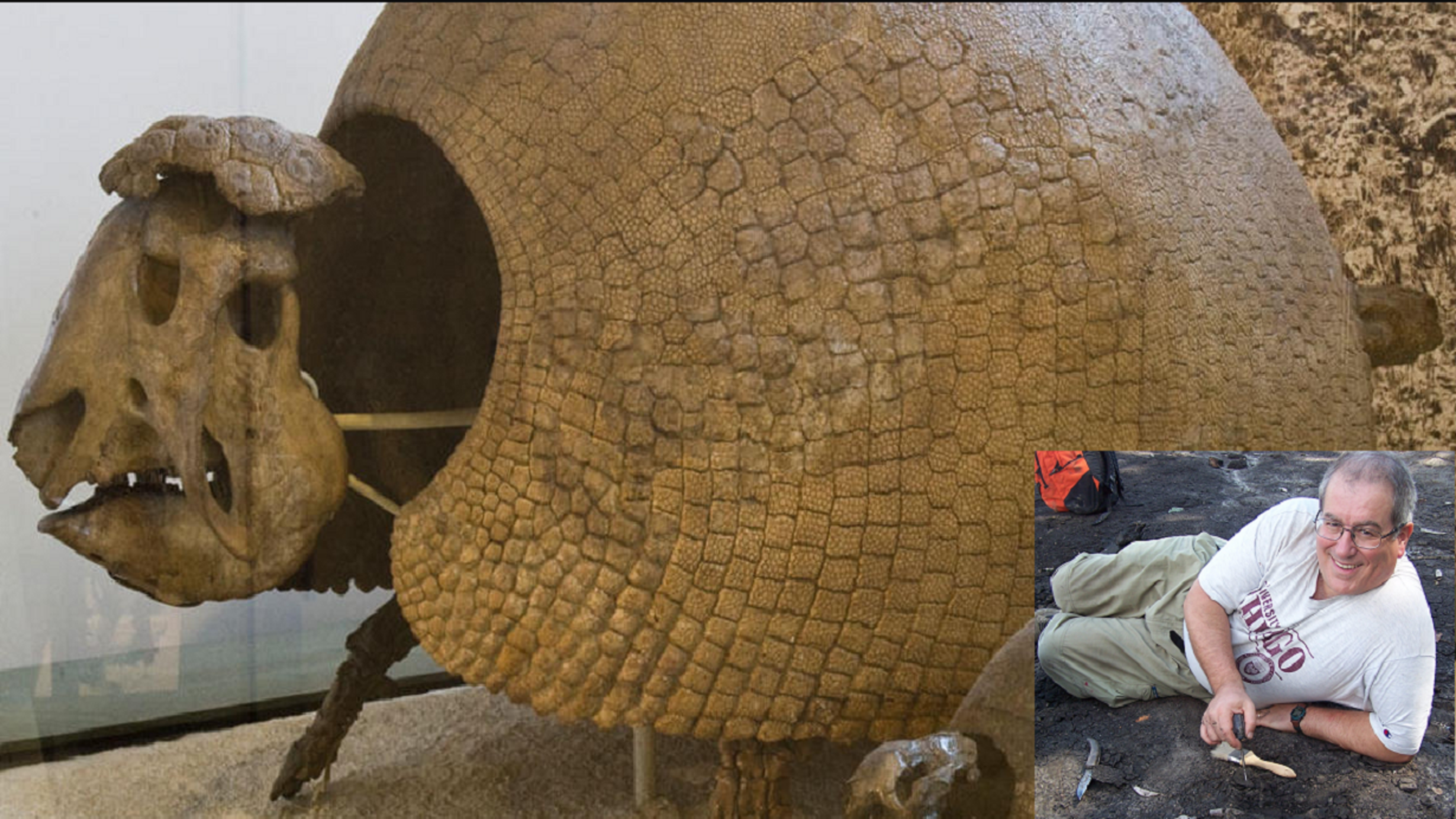Mammal Evolution: Discovering, Studying, and Interpreting the 230-Million-Year-Long History of Our Family Tree
Part of Educators
Part of Educators

Join us for a special evening for educators with John Flynn, Frick Curator of Fossil Mammals in the Division of Paleontology, and Dean of the Richard Gilder Graduate School.
Flynn's presentation will provide an overview of mammal evolution, focusing on evolutionary relationships and “what makes a mammal,” and aspects of mammalian biology and history. Flynn will discuss how expeditionary fieldwork advances paleontological and evolutionary research and will use his collaborative research programs of discovery of fossil mammals in South America as an example of how to engage learners of all ages in understanding the process of scientific investigation.
This is a free online event for grade 6–12 teachers. One hour of CTLE credit available.
Flynn's research focuses on the evolution of mammals and Mesozoic vertebrates, geological dating, plate tectonics, and biogeography. With a specialty in mammalian paleontology and paleomagnetism, Flynn has spent his career searching for important new fossil mammal localities, as well as developing newer and more sophisticated ways to read the age of rocks and fossils, leading to more accurate geological time scales.
Author of more than 175 scientific publications and a series of articles to enhance public engagement with science, Flynn has led more than 55 paleontological expeditions to Chile, Peru, Colombia, Madagascar, Angola, India, and the Rocky Mountains. He is actively pursuing laboratory research on the anatomy, DNA (including entire genomes of dozens of modern species to develop a framework of evolutionary relationships for understanding fossil relatives), and evolution of Carnivora, studies of South American faunas (modern and extinct), and has current field programs focusing on the Andes Mountains of Chile and the Amazon Basin of Peru, as well as Mesozoic deposits of Madagascar.
Flynn has been deeply involved in mentoring students and guiding the educational programs of the Museum’s young and innovative Richard Gilder Graduate School, with its own Ph.D. and Master of Arts in Teaching residency programs, collaborative Ph.D. programs with area universities, postdoctoral fellowships, Research Experiences for Undergraduates, bridges with the Museum’s K-12 education programs, and more. In addition, he actively integrates research with Museum exhibition and public programs, and helps to care for, expand, and enhance the world-leading fossil mammal collections at the American Museum of Natural History.